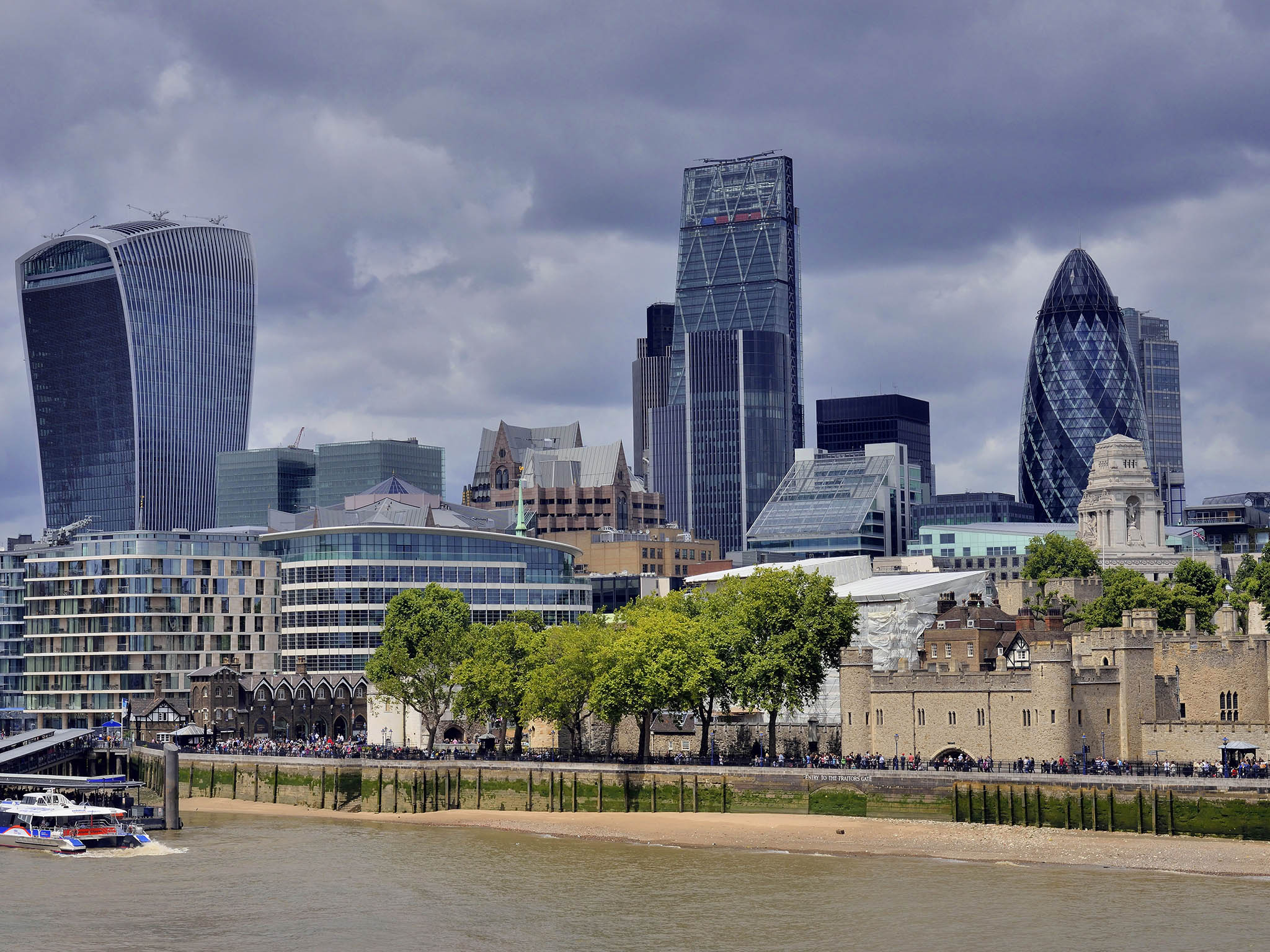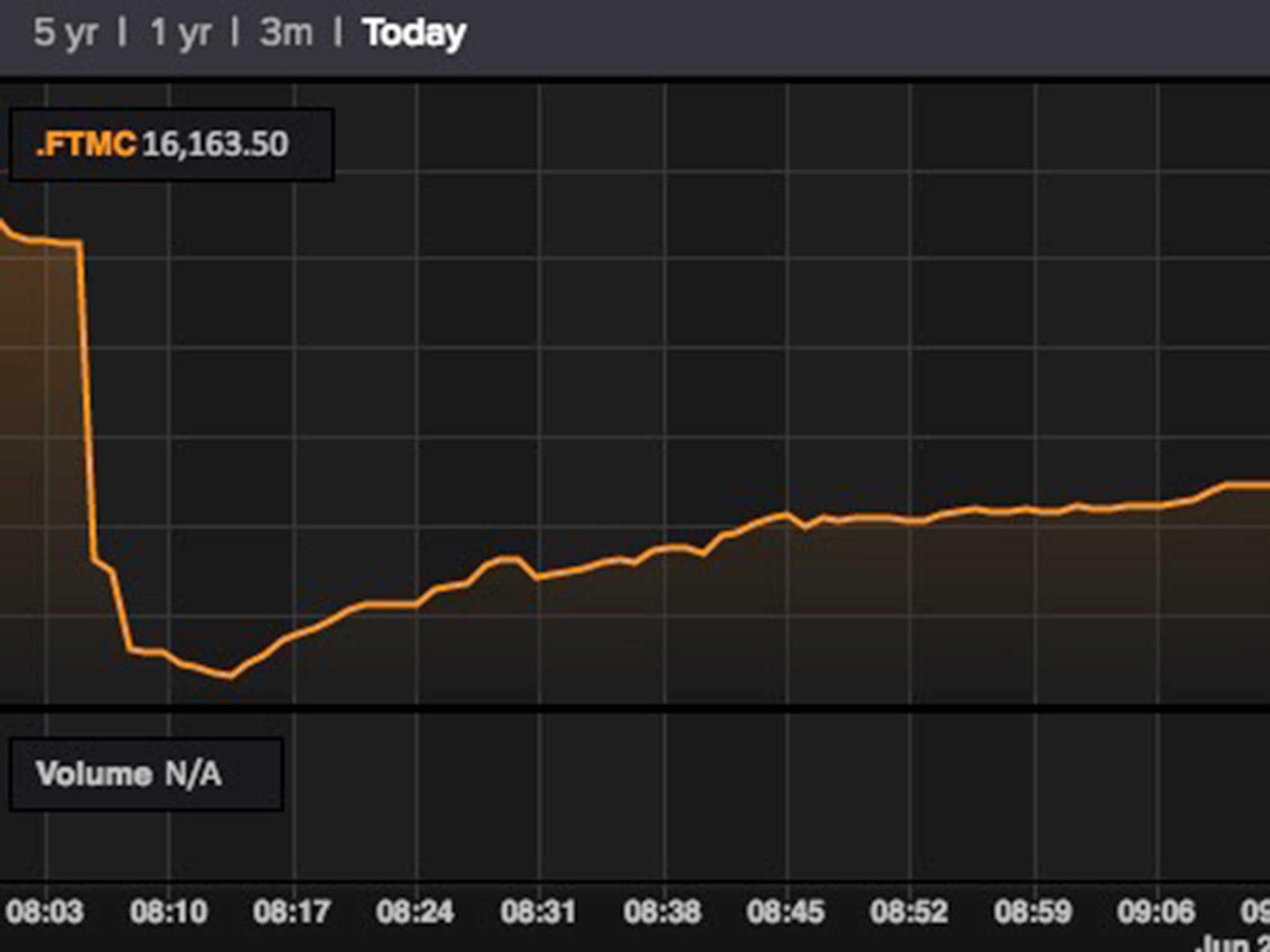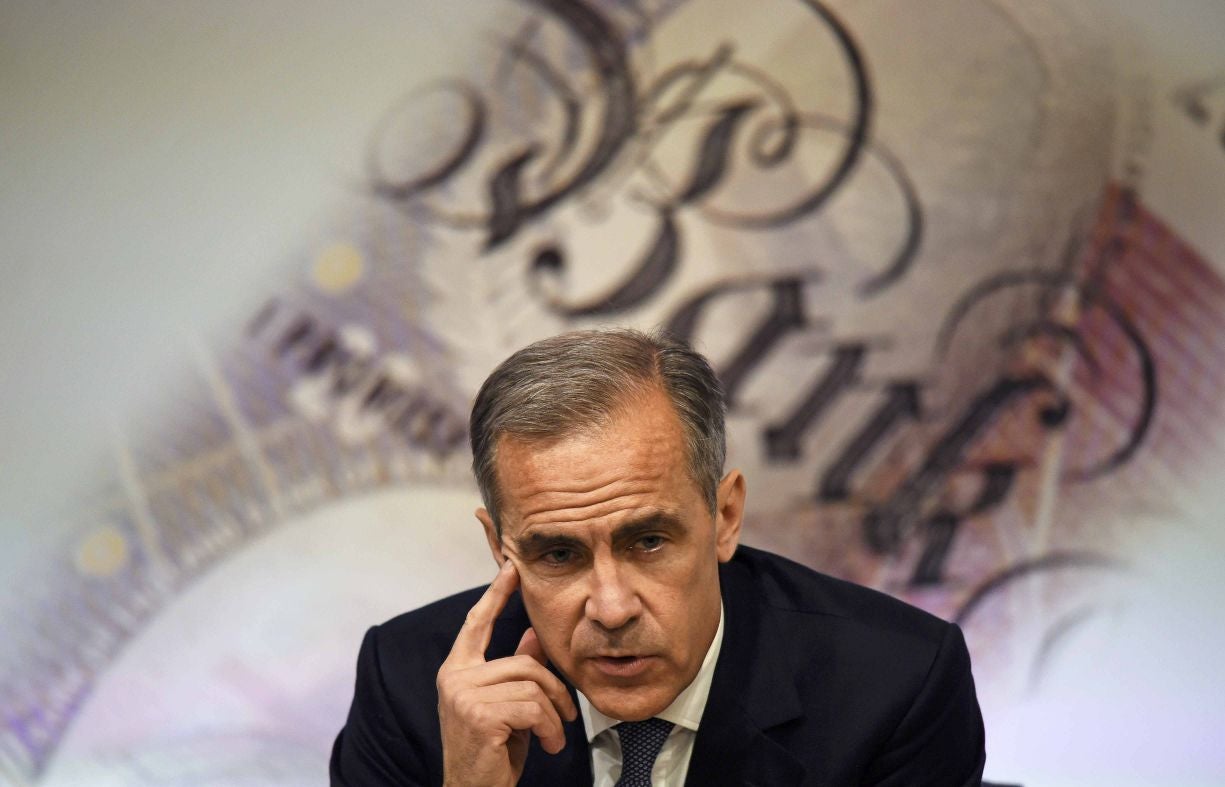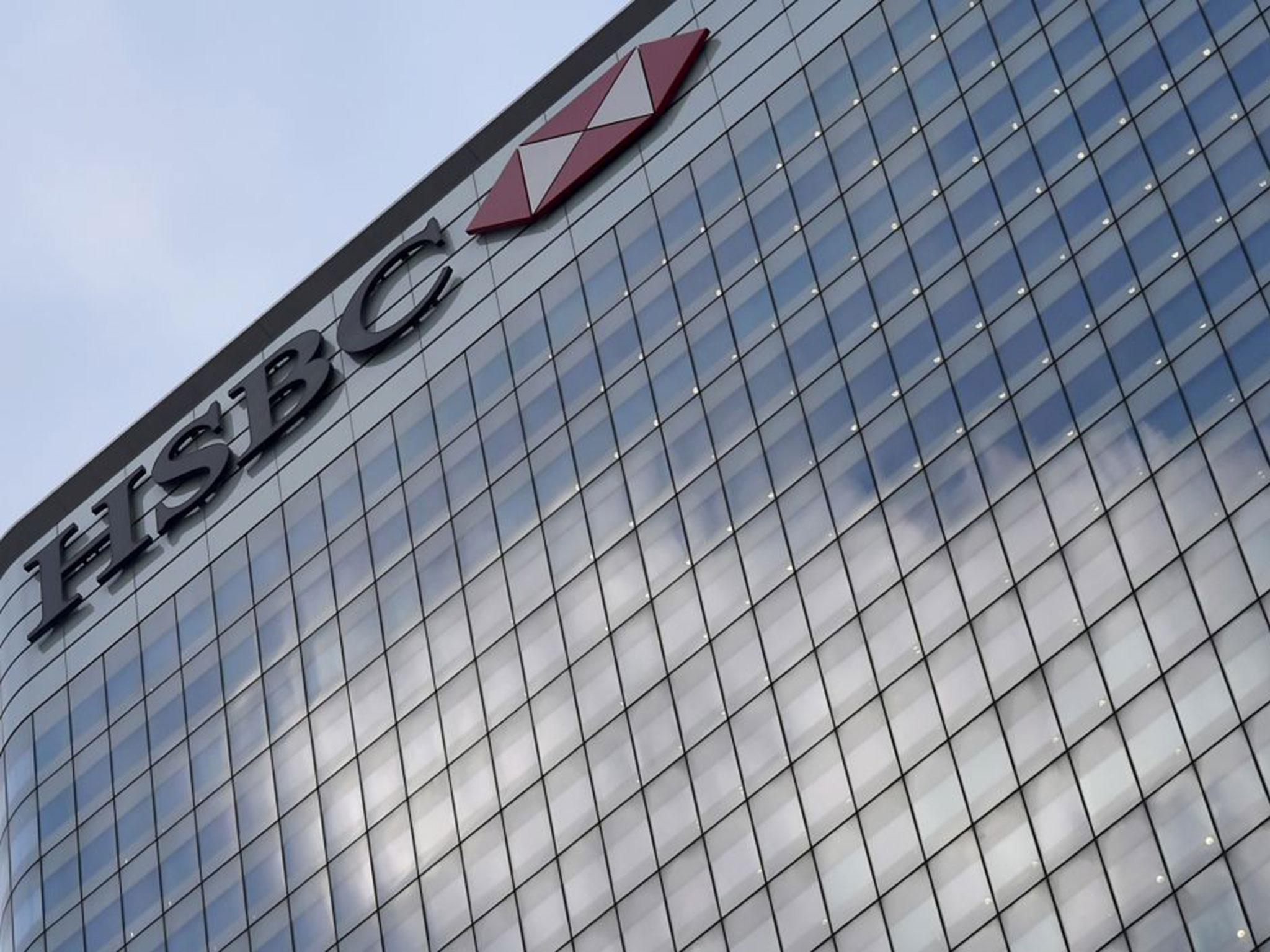How Brexit has already changed Britain two months after the EU referendum
Much has been made of the Brexit vote, with both Remain and Leave supporters jumping on resultant business dealings as a sign of things to come. James Moore provides his analysis

Your support helps us to tell the story
From reproductive rights to climate change to Big Tech, The Independent is on the ground when the story is developing. Whether it's investigating the financials of Elon Musk's pro-Trump PAC or producing our latest documentary, 'The A Word', which shines a light on the American women fighting for reproductive rights, we know how important it is to parse out the facts from the messaging.
At such a critical moment in US history, we need reporters on the ground. Your donation allows us to keep sending journalists to speak to both sides of the story.
The Independent is trusted by Americans across the entire political spectrum. And unlike many other quality news outlets, we choose not to lock Americans out of our reporting and analysis with paywalls. We believe quality journalism should be available to everyone, paid for by those who can afford it.
Your support makes all the difference.Two months on from Britain’s EU referendum and economists are still assessing the damage from what has variously been described as “an act of self harm” a “tragic split” and “the most stupid idea of the century”. The initial panic that saw property funds shutting down and businesses wondering whether they’d have to shut up shop, is over. But it has become very clear that a decision of breathtaking recklessness and stupidity has cost UK companies billions if not trillions of pounds. And the price will continue to be paid for years to come. Here, then, is an overview of what we know so far and what we can expect from multiple economic and business sectors. Welcome to The Independent’s guide to post-Brexit Britain.
The City
Much was made of US bank Wells Fargo’s £300m purchase of a new London HQ shortly after the EU referendum. It had planned the purchase prior to the vote, but with the pound falling against the dollar in its wake, it got an unexpectedly good price.
“See, it’ll be alright,” said Brexit Backers. “Wells Fargo are staying. Erm, by the way, who are they?”
Well, Wells is actually a giant retail bank that doesn’t do all that much business in Europe. The big investment banks that do, and that fuel the City of London, have taken a rather different view to it.
HSBC warned that it could shift jobs to Paris in the event of an “out” vote before the EU referendum. Its US peers have been saying much the same thing in its aftermath. At the start of the month Goldman Sachs warned that it may have to “restructure” its UK operations which currently employ about 6,000 people. JP Morgan’s chief executive Jamie Dimon earlier said that his bank might have to move thousands of employees to other European centres. Similar noises have been rumoured at Morgan Stanley.
The key to whether they do that will be what happens to the “passport rights” that the UK’s EU membership provides them with. These rights mean that UK based banks are free to sell their services across the EU.
Some 87 per cent of US banks’ European staff work in London and if those rights are retained most, but not all, will probably stay put. If they don’t, if the fundamentalists screaming for “real Brexit” win, the City of London will be much diminished. So will the UK’s tax base, because bankers pay quite a lot of tax even if their employers largely avoid it.
The markets

It didn’t come as any great surprise to see the FTSE 100 lurching into the red after the referendum. Its retreat was short lived and Brexit backers have been able to point to its recovery as evidence of Britain’s strength. That’s disingenuous at best. The index is dominated by big multinational companies that make most of their money overseas: mining companies, banks and pharmaceutical outfits with profits largely denominated in dollars or dollar linked currencies. They are thus shielded from the Brexit beat down. The UK is only a small component of their business.
The FTSE 250, made up of smaller domestic companies, has also recovered, but its rebound has been much slower and the index has under performed relative to its big brother. The shape of things to come for the UK economy? Quite probably. It will likely also underperform other big economies even if things go well, and it’s a big if. There may be a boost to exporters from the sterling’s dramatic fall against the dollar, and euro, the yen and just about every other major currency of note. But the raw materials they import will get more expensive, so it isn’t quite as good as it looks on the surface.
Property
Several property funds were suspended in the wake of Brexit. The initial panic about the impact of Brexit on commercial property and London lettings has subsided but the outlook remains cloudy. Residential property has also been hit. Estate agent Countrywide reckons prices in London’s fanciest neighbourhoods will fall six per cent this year following a five per cent drop in 2015. The effect of the Brexit bombshell is set to ripple out through what it describes as the “super suburbs” – Hampstead, Highgate, Barnes – where it says prices will dip by 1.5 per cent next year. Outer suburbs will be largely immune but prices across London as a whole should rise 3.5 per cent this year before falling by 1.25 per cent next year. Across the country growth is expected to slow to 2.5 per cent in 2016 with residential property prices falling by 1.25 per cent in 2017 before recovering in 2018.
Interest rates

The Bank of England surprised many by not cutting rates in July, only to shave a quarter point to leave base rates at a record low of 0.25 per cent earlier this month. It also re-started its programme of “quantitative easing” – buying bonds as a way of getting money into the economy. More could follow and don’t be surprised if base rates hit 0.1 per cent before the year is out. It’s terrible news for savers, moderately good news for borrowers (a quarter point cut doesn’t lower mortgage repayments by very much). All those baby boomers and gen X-ers who voted for Brexit are getting hoisted by their own petards in this respect while their offspring will find it easier to manage their debts. So there’s a silver lining for them even if it’s not very easy to see it.
Deals
Once Britain’s lone tech superstar, ARM Holdings was the subject of a takeover bid from Japanese tech investor SoftBank just days after the referendum result was in.
The £24.3bn the Japanese company offered looked like a knock out bid and represented a 43 per cent premium to ARM’s closing share price before the deal was announced. However, sterling’s tumble against the yen took 30 per cent off the price for SoftBank.
Many were unhappy with the deal, not least ARM founder Hermann Hauser who described it as a “sad day”. However, just as ARM is a unique company, SoftBank is a unique purchaser. Its acquisition of ARM won’t lead to mass job losses as a result of the need to justify the price, nor are there any plans to break the ARM out of Cambridge’s Silicon Fen. Quite the reverse. Future predators – and the weak pound means there is a widespread expectation that there will be a lot of them circling the pride of Britain’s corporate sector – may not be so benevolent.
The Government has said “asset strippers” are not welcome. But there is not a whole lot it can do to prevent them with the system as it stands. “Buy British and make it work,” said a Brexiter of my acquaintance. That’s going to be even more difficult than it was before the referendum if the sell-off of Britain’s best companies proceeds as expected.
Employment, pay and inflation
An unexpected piece of good news? The first post-Brexit data on jobs caught economists by surprise with the claimant count falling by 8,600 to 763,000 in July according to official figures. The city had expected a rise of 9,500. It was the first monthly fall since February. Average weekly earnings, excluding bonuses, also ticked up 2.3 per cent in the three months to the end of June. “Remainers were wrong,” screamed the Daily Express.
However, unemployment is a lagging indicator. Redundancy programmes are costly and disruptive. Firms also know that they stand to lose people they’d rather keep. So they tend to delay implementation until they have to, until the economic picture is clear. That’s not to say the post-Brexit numbers don’t represent good news. But they should be taken with a very large pinch of salt. The real picture will take time to develop and the smart money is that unemployment will start to increase before too long. That means wage growth should slow, and with the pound’s fall starting to fuel inflation, people’s living standards will move into reverse.
Business confidence
Economic surveys of business confidence are leading indicators. They give a view of the shape of things to come by polling decision makers on their plans. They indicate a bleak outlook. Markit CIPS PMI data for construction, manufacturing and, crucially, the dominant services sector showed sharp falls in July. The latter’s tumble from 52.3 to 47.4 (anything under 50 indicates contraction) was the sharpest fall on record. Manufacturing dropped to 48.2 in July from 52.4, while construction hit 45.9, down from an already dreadful 46.0 recorded in June. If those figures are reflected in the official figures – and there is sometimes disagreement between these surveys and the numbers put out by the Office for National Statistics – they will read through to a 0.4 per cent contraction in the UK economy in the third quarter of 2016.
Deficit

One of the first casualties of the “out” vote was former chancellor George Osborne’s budget deficit reduction target. The aim of a surplus by 2019-2020 was looking challenging even when the economy was humming. His successor Philip Hammond isn’t even going to try to hit it. He had barely got his feet under his new desk at Number 11 Downing Street before he was talking of a more “gradual” approach. The Government’s new policy will become clearer when Mr Hammond unveils his autumn statement. HSBC, for one, thinks that abandoning the 2020 target could give him room to hike borrowing by £50bn in the next financial year. The aim would be to spend the money on infrastructure, thus pepping up a stalling economy. It might even work. But it might not.
Overall
Ahead of the Brexit vote, economists had predicted growth would continue close to the jaunty 0.6 percent achieved in the second quarter. However, median forecasts in the latest poll conducted by Reuters showed the economy would contract 0.1 percent this quarter and next. Two consecutive quarters of contraction is what you need to meet the technical definition of “recession”.
It is true that things have stabilised since the initial panic, but the UK is still in the midst of suffering an economic shock. When that blonde conman Boris Johnson declared “project fear” to be over he was right only in that the dark predictions made prior to the referendum had started to come true. The fear has become our reality.
Even if the UK avoids the worst of the nasties predicted prior to the EU referendum it has already lost billions, if not trillions of pounds. There will be no £350m a week extra for the NHS, one of the most egregious lies put about by the Leave campaign.
There is a reason that almost every respected economist supported Remain, with only the neo-Thatcherites, nobodies, and right-wing nodding dogs who make up the membership of Economists for Brexit speaking up for Leave.
The longer term outlook remains uncertain, incredibly so, and business doesn’t like uncertainty. Faced with it, bosses tend to horde cash rather than invest, with damaging consequences for the wider economy. Much, of course, still depends on the shape of the Brexit that emerges from our political leadership. Will the UK remain inside or out of the single market, for example? If the fundamentalists win that debate, expect much worse to come, and a second shock at the very least. In the event of a Brexit-lite we’ll be poorer than we would have been in the EU, but it should be bearable.
Some have suggested Article 50 of the Lisbon treaty may ultimately never be triggered. If that does happen, the UK, or what remains of it if Scotland departs, will still take years to get back what we have lost.
Subscribe to Independent Premium to bookmark this article
Want to bookmark your favourite articles and stories to read or reference later? Start your Independent Premium subscription today.
Join our commenting forum
Join thought-provoking conversations, follow other Independent readers and see their replies
Comments